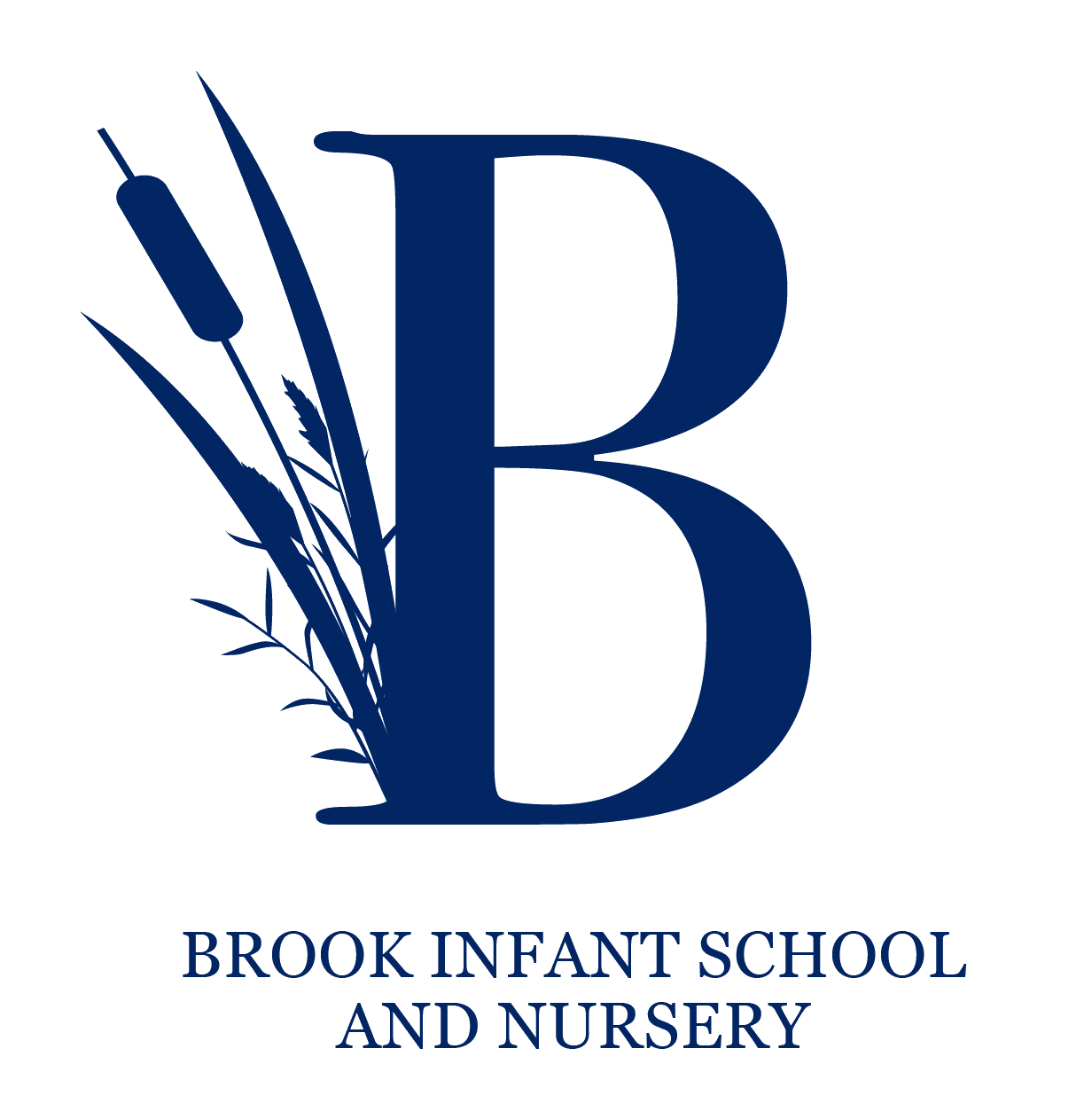Some children in school do not speak English as their first language. It can be their second or even third language. For children whom English is an additional language learning barriers can form. We work hard to ensure we remove all the barriers we can. Being able to understand and speak two or more languages is a wonderful skill for children as they grow up, and it is important for them socially and culturally.
Children who are secure in their first language but are still at the early stages of learning English are not children with Special Educational Needs. If we are concerned that a child has SEN we will attempt to get a first language assessment done.
We try to find out as much about our children as we can so that we can support them fully in school. This will include finding out about all languages they speak and are exposed to. We encourage all children to share elements of their own cultures with one another so that we can all benefit from the enrichment that brings.
Children need time to settle into new environments and time to absorb the language around them.
We understand that the ability to speak and listen in a new language usually comes before the ability to read and write in that language and that giving children time is crucial.
We ensure we use lots of picture clues and gesture when explaining tasks and routines. We allow time for children to go over new vocabulary.
Children who are secure in their first language but are still at the early stages of learning English are not children with Special Educational Needs. If we are concerned that a child has SEN we will attempt to get a first language assessment done.
We try to find out as much about our children as we can so that we can support them fully in school. This will include finding out about all languages they speak and are exposed to. We encourage all children to share elements of their own cultures with one another so that we can all benefit from the enrichment that brings.
Children need time to settle into new environments and time to absorb the language around them.
We understand that the ability to speak and listen in a new language usually comes before the ability to read and write in that language and that giving children time is crucial.
We ensure we use lots of picture clues and gesture when explaining tasks and routines. We allow time for children to go over new vocabulary.
